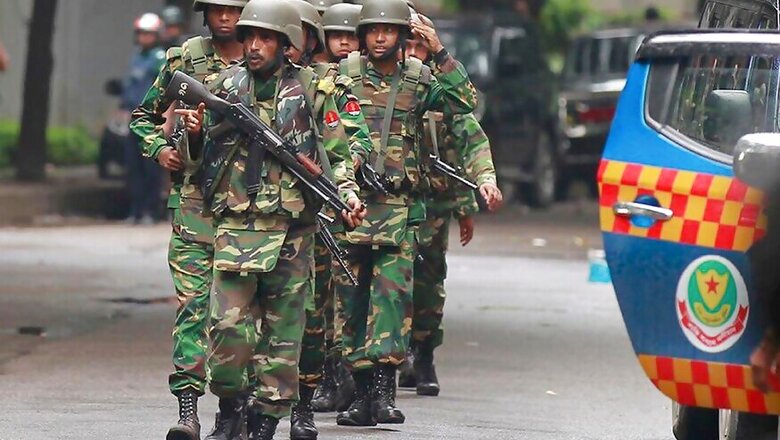
views
Washington: The hostages crisis in Dhaka's diplomatic quarter is the latest in a string of attacks that have sparked international alarm and prompted the United States and Bangladesh to promise more cooperation against violent extremism in the Muslim-majority nation.
But the two governments still tiptoe around the divisive issue of whether transnational terror groups like the Islamic State group are involved in the mounting bloodshed, which has included a wave of killings of liberals, foreigners and religious minorities.
The identities of the attackers in Dhaka on Friday were not known, but IS claimed its fighters carried out the assault, issuing a statement through its media arm, Amaq, that was reported by the monitoring group Search for International Terrorist Entities.
IS and al-Qaida affiliates have claimed responsibility for many of the previous attacks, typically by smaller groups of machete-wielding assailants, that have claimed nearly two dozen lives since 2013.
The frequency of attacks has increased in recent months.
The violence has stoked fears over the rise of radicalism in the traditionally moderate country and cast a shadow over the achievements of its 160 million people in economic development and fighting poverty.
Bangladesh's government has blamed domestic groups aligned with political opposition parties, and maintains that groups like Islamic State and al-Qaida have no presence in the country.
Critics contend that stance in part reflects the country's deeply polarised politics and the government's increasingly authoritarian tendencies.
The United States, a key aid donor and export market for Bangladesh, has voiced growing concern over the violence, particularly after a former United States Embassy employee and gay rights activist was killed in April.
The killing was claimed by Ansar al-Islam, the Bangladesh division of al-Qaida in the Indian subcontinent.
Bangladesh's response to the violence was top of the agenda at annual high-level talks in Washington last week.
The two sides shared the view that violent extremism is a global problem, and looked at ways they could improve cooperation through intelligence sharing and programs to combat radicalisation.
But Marcia Bernicat, the United States ambassador to Bangladesh, said after the talks that they did not delve into what kind of reach that groups like Islamic State may have inside Bangladesh.
She said Bangladeshi officials steadfastly deny that Islamic States or al-Qaida is in the country, but she thinks officials recognise the influence of those groups through social media is a danger that they have to address.
"If I go home now and turn on my computer, ISIS can send me a message on my Facebook page, or an email to me, or I can find ISIS if I want to and communicate with someone. This is a new kind of threat. They don't need to be in your country to affect things in your country," Bernicat said, using an alternative abbreviation for the Islamic State group.
Human rights activists have criticised Bangladeshi authorities' response to the killings, but the government has recently shown more resolve. Authorities rounded up nearly 200 suspected militants in a recent week-long crackdown coinciding with the holy month of Ramadan.
Bangladeshi Foreign Secretary Mohammad Shahidul Haque said the Federal Bureau of Investigation is currently based in Bangladesh providing support in identifying people who are in danger of turning radical.
He said Bangladeshi authorities have made arrests and initiated legal cases in dozens of terrorist and extremist attacks.
"The government is providing whatever is possible within its limits and resources and will continue to do so. That is our commitment, coming from our prime minister," Haque said.
But the question of who is behind the attacks remains a sensitive one.
The government has accused local terrorists and opposition political parties - especially the main opposition Bangladesh Nationalist Party and its Islamist ally Jamaat-e-Islami of orchestrating the violence in order to destabilise the nation, which both parties deny.
But speaking after the talks in Washington, Haque said "The government is not blaming anyone. The government is trying to find out who is really involved in this."
Analysts contend that the shrinking democratic space in Bangladesh could be creating conditions for more extremism and pre-occupying over-stretched law enforcers.
Prime Minister Sheikh Hasina has tightened her control after easily winning 2014 elections that the opposition parties boycotted, alleging unfair conditions.











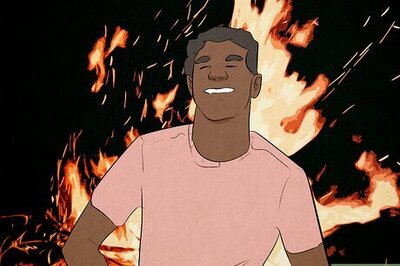


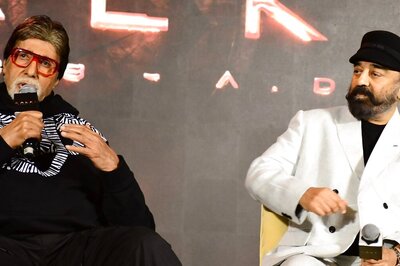

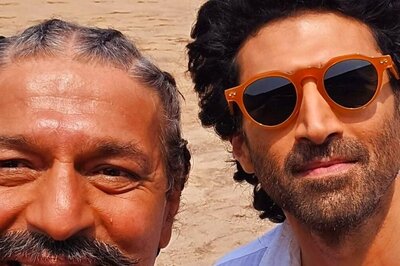

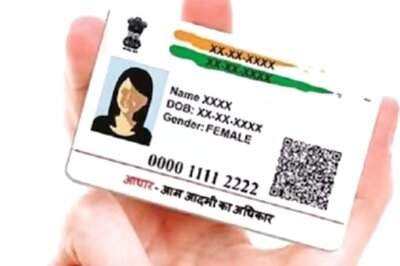
Comments
0 comment